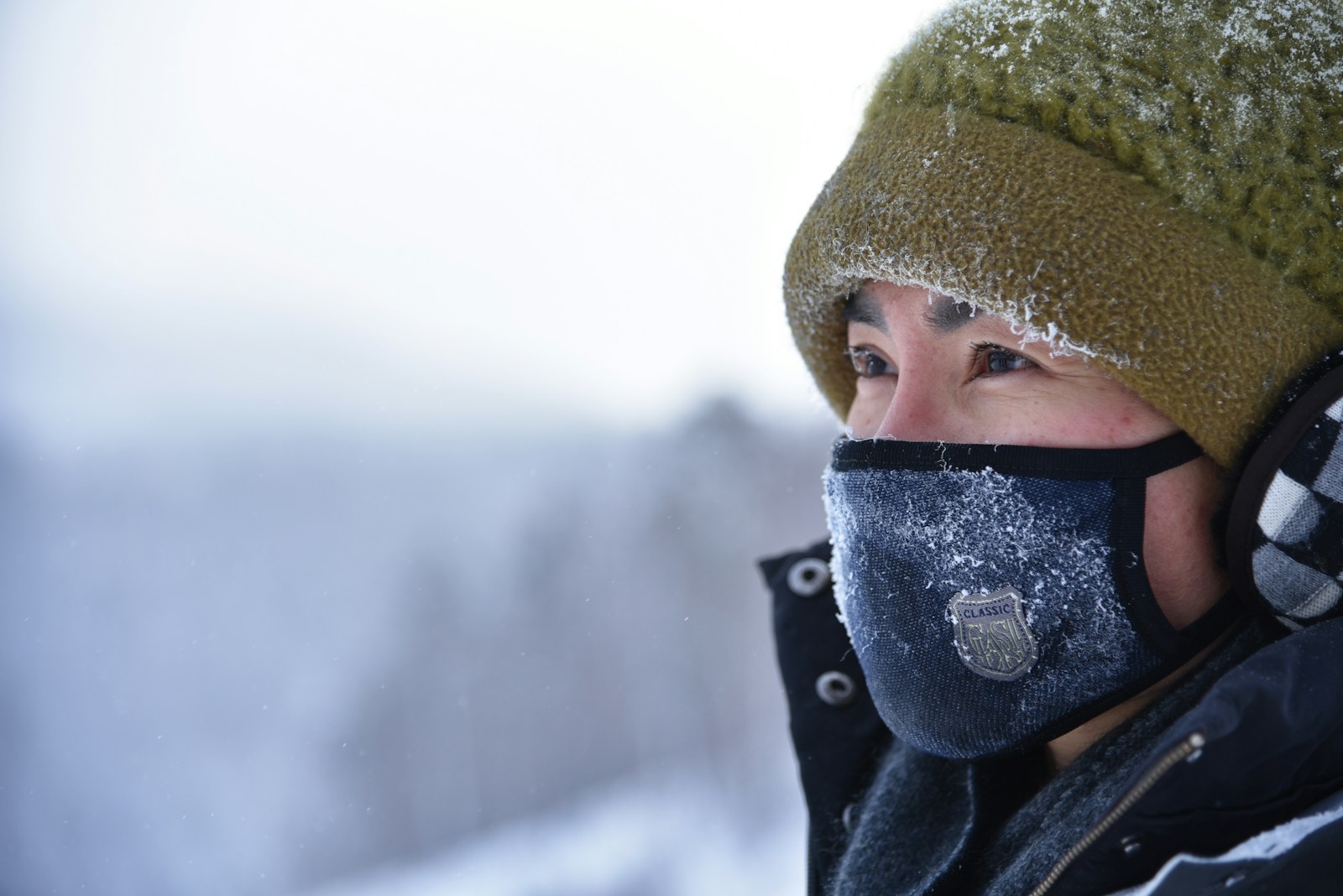
帽子
mào zi

cap
The term cap in Chinese is '帽子'. It can be used in sentences just like 'cap' in English. For example, '他的帽子挺漂亮' or 'His cap is pretty.' Just like in English, it represents a certain type of headwear.
Example sentences using: 帽子
你的帽子掉下来了。
Nǐ de màozi diào xiàláile.

Your hat has fallen down.
This sentence informs someone that his/her hat has fallen down.
我最喜欢的帽子丢了。
Wǒ zuì xǐhuan de màozi diūle.

I lost my favorite hat.
This is a statement expressing the speaker's discontent about losing their favorite hat.
帽子在哪儿?
Màozi zài nǎ'er?

Where is the hat?
This is a question asking for the location of a hat.
这个帽子特别适合你。
Zhège màozi tèbié shìhé nǐ.

This hat suits you very well.
This sentence is a compliment stating that the hat suits or looks good on the person addressed.
你见过我的帽子吗?
Nǐ jiànguò wǒ de màozi ma?

Did you see my hat?
This is a question asking someone if they have seen the speaker's hat.
她戴着一顶漂亮的帽子。
Tā dàizhe yī dǐng piàoliang de màozi.

She wears a beautiful hat.
This sentence describing a woman wearing a beautiful hat.
我买了一顶新帽子。
Wǒ mǎile yī dǐng xīn màozi.

I bought a new hat.
This is a statement expressing the speaker's action of buying a new hat.
帽子被风吹走了。
Màozi bèi fēng chuī zǒule.

The hat was blown away by the wind.
This sentence describes a situation where a hat is blown away by wind.
爸爸总是戴着那顶老帽子。
Bàba zǒng shì dàizhe nà dǐng lǎo màozi.

Dad always wears that old hat.
This sentence describes a habit of the speaker's father who always wears a particular old hat.
这个帽子太大了。
Zhège màozi tài dàle.

This hat is too big.
This sentence is a description about a hat being too large.